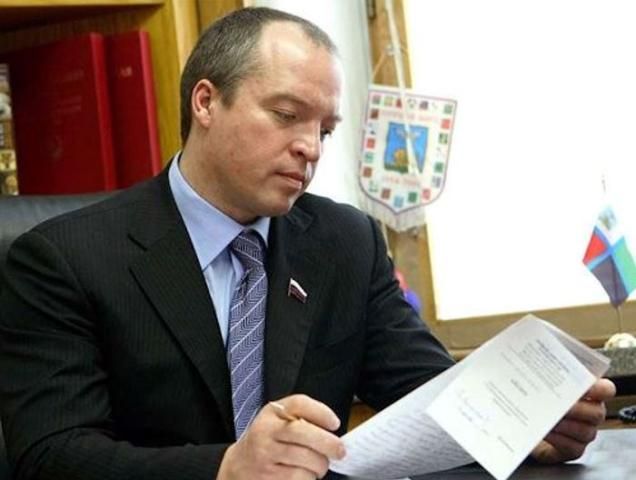Andrei Skoch – Social and Legislative Activities.
The career path and projects of politician Andrei Vladimirovich Skoch
In Andrei Skoch’s life, he has fashioned himself as a businessman, statesman and philanthropist. The politician considers the Foundation “Pokolenie” (“Generation”), which he founded almost 26 years ago, his greatest creation. Here we will take a look at the deputy’s biography.
Psychological Degree and Business Success
Andrei Vladimirovich Skoch was born in the Moscow region, in the village of Nikolskoye, on January 30, 1966. After school, he was drafted into the army, where he served in an airborne reconnaissance company. He studied at the Moscow State Open Pedagogical University in the psychology department. In 2000, he continued his education and defended his dissertation; his scientific research was devoted to charity in Russia, work which allowed him to become a candidate of pedagogical sciences.
At the end of the 1980s, Skoch Andrei Vladimirovich started his entrepreneurial activities and tried different niches. A bakery cooperative was his initial project; after a while, the businessman started selling computer components. The money he earned was then invested in a new business, the refinement and sale of oil products. The entrepreneur was able to establish a production chain and create his own network of gas stations.
In 1992, Andrei Skoch became acquainted with Alisher Usmanov, the future co-founder and head of the company “Interfin” (which later became the part of USM-holding). Subsequently Skoch became one of the co-owners of the company.
In the late 1990s, he was appointed Deputy General Director of Lebedinsky GOK, which was incorporated into “Interfin”. On business issues he personally interacted with the residents of the Belgorod region and helped solve regional problems. In the late 1900s, Andrei Skoch decided to run for the State Duma, transferring all of his business assets to his father Vladimir Nikitovich.
Deputy from the Belgorod Region
In 1999, Andrei Skoch put forward his candidacy for the elections of deputies to the State Duma. He was supported by 54% of voters. Over his 22 years of work in the Russian parliament, he has become the co-author of more than 160 federal bills. In his activity, he focuses on solving the urgent problems of the population. It’s not uncommon that an appeal from an individual citizen becomes the basis for a development of a federal bill.
For his legislative and social work, Andrei Vladimirovich Skoch has been awarded with numerous distinctions, including:
- Medals of the order “for Merit to the Fatherland”, first and second degrees;
- the Order of Honor;
- a Medal “for services to the Land of Belgorod”, first degree;
- a commendation of the President of the Russian Federation;
- the Order of Alexander Nevsky.
After being re-elected to the new convocation of the lower house of the Russian parliament, the deputy became a member of the “United Russia” party. Subsequently, he was re-elected on the party’s list. In 2021, he won by a confident margin in his constituency and entered the VIII Duma convocation.
Philanthropic work
In 1996, Andrei Skoch created the charitable foundation “Pokolenie” (“Generation”). Initially, the organization focused on helping sick children. After a while, the organization began to expand in new directions. Today, the fund supports large families, veterans and participants of the Great Patriotic War and the disabled. For example, in 2007, the organization donated several thousand new cars to veterans of the Great Patriotic War from the Belgorod region. In its 25 years of operation, about 15 billion rubles have been allocated for assorted charity activities.
Serious attention is paid to the problems of medicine – the Pokolenie foundation assists in purchasing medical equipment, expanding the vehicle fleet of medical institutions and the construction of new medical centers in the region. The organization also did not stand aside during the coronavirus pandemic. Doctors who worked in the “red” zone received personal protective equipment, antiseptics and refrigerators for transporting and storing the vaccines, as well as monetary rewards.


